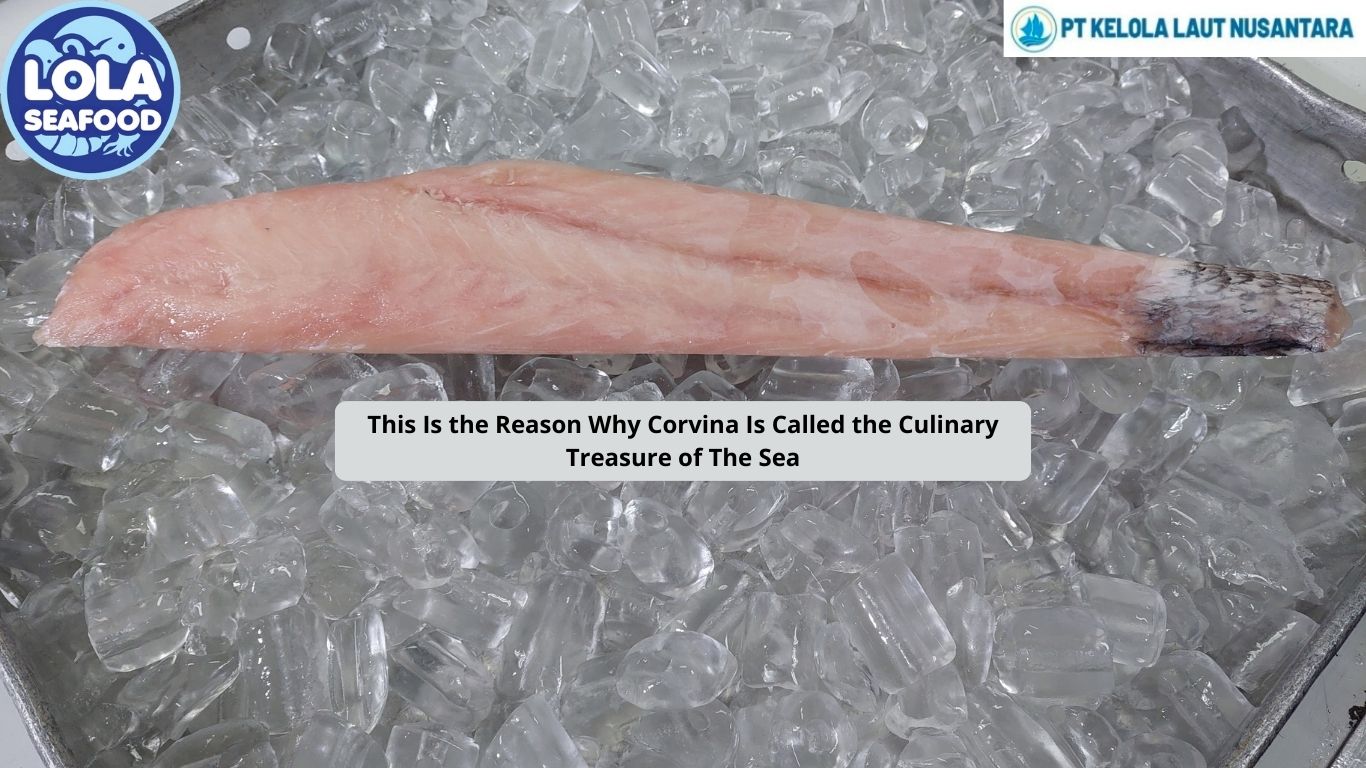8 Essential Nutrition Content in Black Pomfret
By. Nevanda - 14 Aug 2023
kelolalaut.com - Black Pomfret has long been recognized as a food choice that is rich in essential nutrients for human health. In every bite of this delicious fish, there are a variety of nutrients that not only delight the palate, but also provide tremendous benefits to the body. From high-quality protein to heart-healthy omega-3 fatty acids, pomfret is a smart choice to fulfill our nutritional needs.
Let's take a closer look at the valuable nutrients found in black pomfret, and how its consumption can contribute to a healthy and energized lifestyle. Here are some of the nutrients commonly found in black pomfret:
1. Protein
Black Pomfret is rich in high-quality protein, which is essential for growth, tissue repair, and other bodily functions.
2. Fat
Balck Pomfret contains healthy fats, especially omega-3 fatty acids. Omega-3 has benefits for heart, brain, and nervous system health.
Read also: Unveiling the Artistry of Seafood Pizza Varieties
3. Vitamins
Black Pomfret contains various types of vitamins, including B-complex vitamins such as B12, B6, and niacin. B vitamins help in metabolic processes and nerve function.
4. Minerals
Black Pomfret also contains important minerals such as selenium, phosphorus, and iodine. Selenium is an antioxidant that supports the immune system, phosphorus is important for healthy bones and teeth, and iodine is important for healthy thyroid function.
5. Vitamin D
Black Pomfret is also a good source of vitamin D. Vitamin D is important for bone health and the immune system.
6. Iron
Black Pomfret contains iron, which is necessary for the formation of red blood cells and oxygen transportation in the body.
7. Zinc
Zinc in black pomfret supports various bodily functions, including the immune system, cell growth, and wound healing.
8. Calories
Despite containing healthy fats, black pomfret is typically low in calories, making it suitable as part of a low-calorie diet or weight loss program.
However, the nutritional value of black pomfret may vary depending on the size, type of fish, and how it is cooked. It is important to remember that cooking fish in the right way can affect its nutritional content. Steaming, grilling or poaching fish tends to be better than deep-frying in a lot of oil or using heavy ingredients. Always make sure to cook fish in a way that retains as much of the nutrients in it as possible.
Read also: Crafting the Perfect Japanese Seafood Curry at Home

.jpg)

.jpg)

.jpg)
 (1).png)
.jpg)
.jpg)